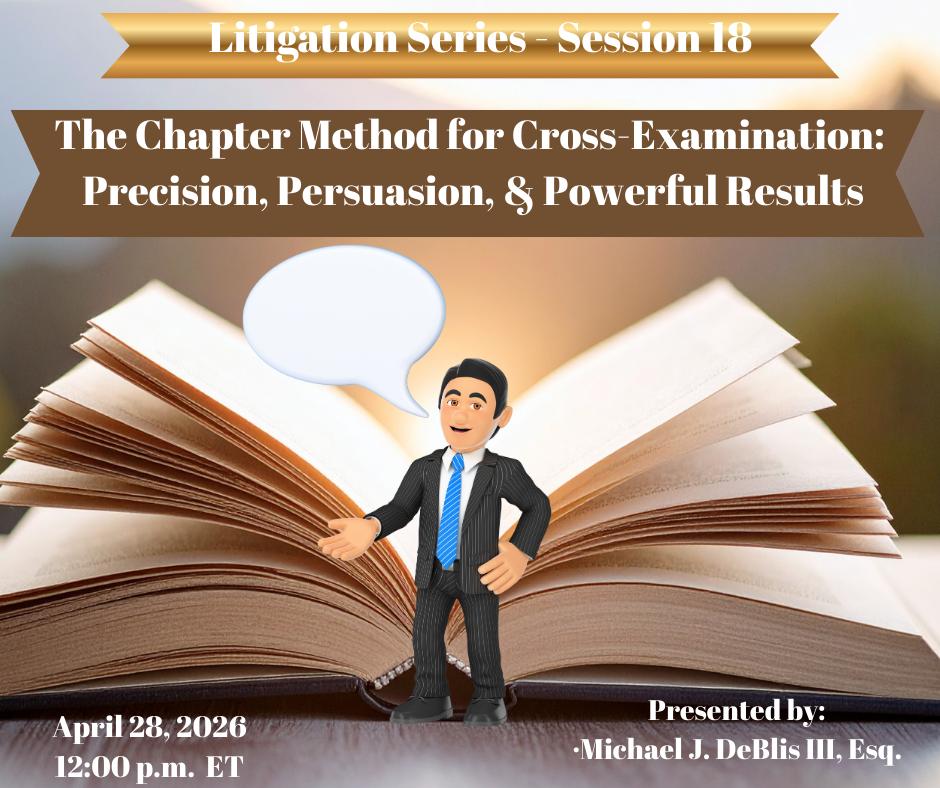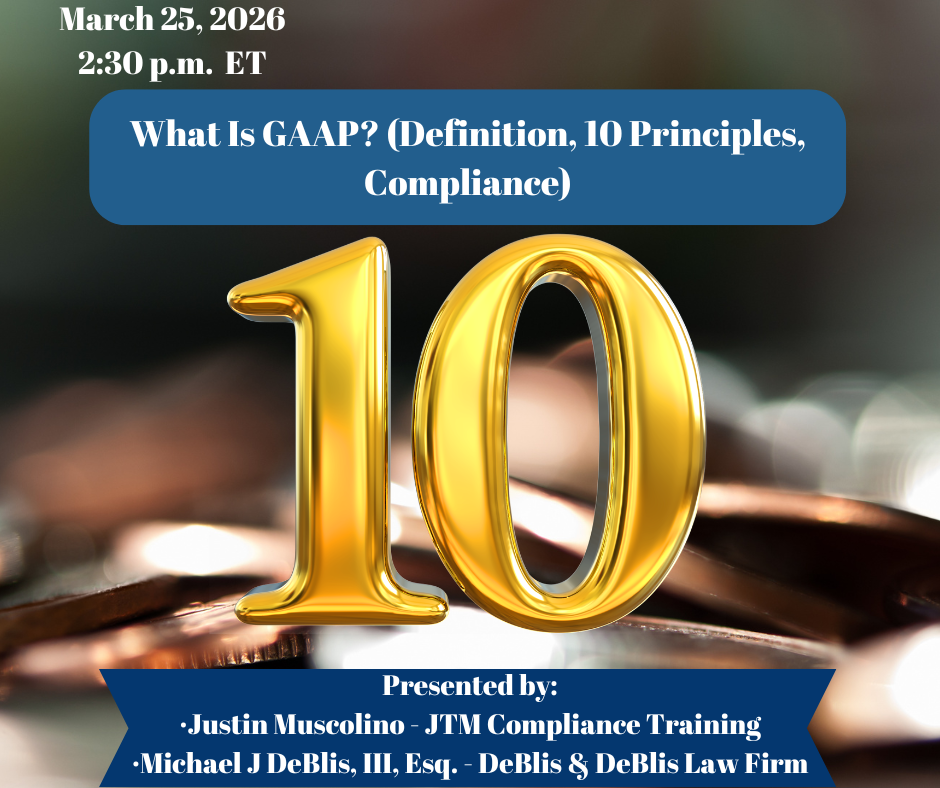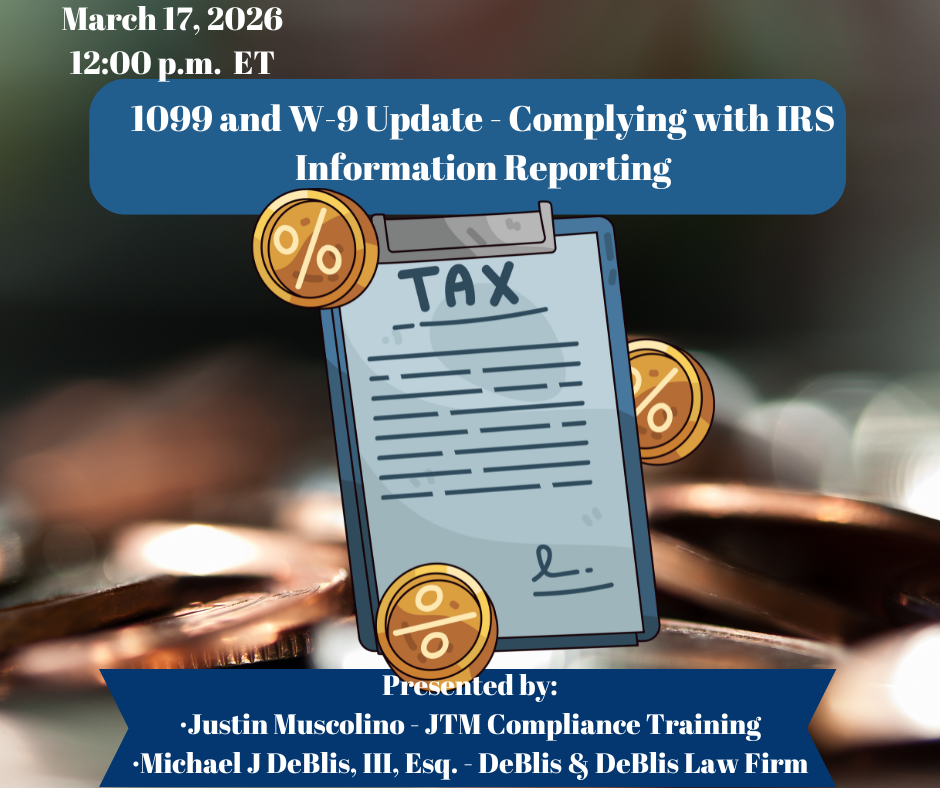
Exciting new series on “Voice, Body and Movement for Lawyers – How to connect with the jury and find Justice Through Dramatic Technique!”
Click here to find out more
Scam typologies help legal professionals by providing a framework to understand, identify, and prevent criminal activity like money laundering, fraud, and cybercrime. They are used to train staff, create better internal controls, and inform legal and regulatory risk management strategies. By understanding these criminal patterns, lawyers can better protect themselves and their clients, and governments can better address systemic risks. How do legal professionals use scam typologies and what are the examples of scams targeting legal professionals? These and other related topics will be covered in this presentation.

This program provides a detailed examination of the Black Market Peso Exchange (BMPE), one of the mo...

This Shakespeare?inspired program illustrates how Shakespearean technique can enrich courtroom advoc...

This program provides a comprehensive analysis of the Sixth Amendment Confrontation Clause as reshap...

The “Chaptering Your Cross” program explains how dividing a cross?examination into clear...

This course breaks down GAAP’s ten foundational principles and explores their compliance impli...

This CLE program covers the most recent changes affecting IRS information reporting, with emphasis o...

Large World Models (LWMs)— the next generation of AI systems capable of generating...

This dynamic and compelling presentation explores how chronic stress, sleep deprivation, and substan...

Learn about the latest trends in Federal Suspension and Debarments. This presentation will assist yo...

The CLE will cover the Ins and Outs of Internal Corporate Investigations, including: Back...